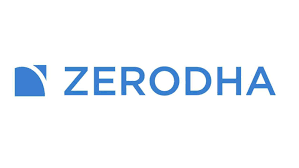The Securities and Exchange Board of India (SEBI) unveiled a framework on March 21 for implementing the beta version of same-day or T+0 settlement alongside the existing T+1 settlement cycle in the equity cash segment.
Initially, this option will be accessible for 25 selected stocks and through a limited number of brokers. Trading hours will be from 9:15 AM to 1:30 PM, and all investors will have the opportunity to participate.
In a circular, SEBI stated that this decision follows deliberations and approval by the board during its meeting on March 15.
The circular elaborated on why the market was ready for this faster settlement cycle and how it would benefit investors. It highlighted the advancements in technology, architecture, and the capacity of market infrastructure institutions (MIIs), along with India’s depository and payments systems that support real-time transfer of securities and funds.
The shortened settlement cycle is expected to bring cost and time efficiency, transparency in charges to investors, and enhance risk management across the securities market ecosystem.
Similar settlement cycles are operational in other countries such as Russia and South Korea. Taiwan’s TWSE and Hong Kong’s HKEX also offer this settlement cycle for certain securities.
Operational Guidelines:
- Eligible Investors: All investors meeting the prescribed timelines, processes, and risk requirements by MIIs are eligible to participate.
- Surveillance Measures: Existing surveillance measures applicable in the T+1 settlement cycle will also apply to scrips in the T+0 settlement cycle.
- Trade Timings: One continuous trading session from 09:15 AM to 1:30 PM.
- Price Band: The price in the T+0 segment will operate within a band of +100 basis points from the price in the regular T+1 market, recalibrated after every 50 basis points movement.
- Index Calculation and Settlement Price Computation: T+0 prices will not be considered in index calculation and settlement price computation, and there will be no separate close price for securities based on T+0 trading.
- Netting of Obligations: There shall be no netting of pay-in and pay-out obligations between T+1 and T+0 settlement cycles.


